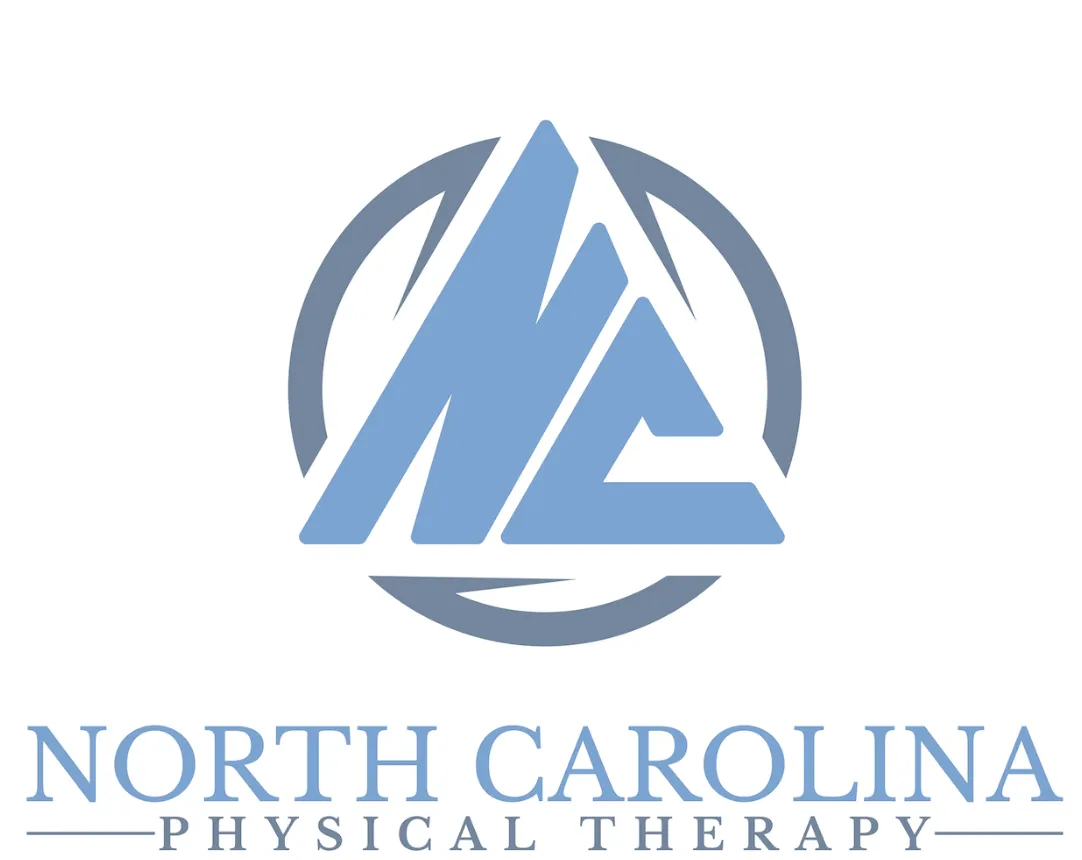Hypermobility/EDS
HOME / Hypermobility-EDS
Ehlers-Danlos Syndrome (EDS) Care at North Carolina Physical Therapy
Ehlers-Danlos Syndrome (EDS) is a group of hereditary connective tissue disorders that impact far more than just your joints. Many people with hypermobile EDS (hEDS) experience widespread musculoskeletal pain, joint instability, proprioceptive challenges, fatigue, autonomic dysfunction, and issues with gastrointestinal or pelvic health.
If that sounds familiar, you’re not alone—and you deserve care that actually understands what you're navigating.
We provide virtual, patient-specific support that goes beyond generalized exercise prescriptions or one-size-fits-all recommendations. Our approach is structured, flexible, and designed to help you build confidence, safety, and long-term function.
A Whole-Body, Systems-Based Approach
EDS impacts more than your ligaments or connective tissue—it touches nearly every system. That’s why our virtual evaluations consider how your symptoms interact across:
Neuromuscular system — joint stability, muscle coordination, and proprioception
Autonomic nervous system — orthostatic intolerance, fatigue, and GI motility issues
Digestive and pelvic health — prolapse, constipation, or urinary symptoms
Respiratory mechanics — breath pattern dysfunction and pressure regulation
Pain processing — nervous system sensitivity and central sensitization
We take the time to understand your medical history, symptom patterns, and daily routines, then guide you through a care plan that fits your body—not someone else’s template.
What Support Can Look Like
Our work with individuals who have EDS may include:
Guided neuromuscular re-education to improve motor control and joint stability
Breath and pressure regulation tools for core function and energy conservation
Somatic tools for nervous system regulation and central sensitivity
EDS-informed strength progressions using submaximal loads and high-quality movement
Pelvic floor education for pain, prolapse, or bowel/bladder symptoms
Activity modification tools and energy budgeting strategies (spoon-theory aligned)
Collaborative education and pacing support to help you feel less overwhelmed and more equipped
Compassionate, Collaborative Care — No Matter Where You Live
If you've ever felt dismissed or unsafe in a healthcare setting, you’re not alone. We provide trauma-aware, validating care that respects your lived experience and adapts to your energy levels and comfort.
Everything we offer is built around one belief:
your body is complex—but that doesn’t mean your care should be confusing, chaotic, or dismissive.
You don’t need to be fixed. You just need to be seen, heard, and supported.
Start Feeling Supported
If you're ready for care that’s designed for EDS and focused on helping you stabilize, regulate, and thrive, we’re here for you.
Whether you’re newly diagnosed or years into your journey, our programs can meet you where you are, literally and figuratively.
Thoughtful. Informed. Empowering. Always.
Learn About The Hypermobility Rehab Lab™

2406 Blue Ridge Road, Suite 190, Raleigh, NC 27607
(919) 594-1198
(919) 882-8155
© 2025 | Privacy Policy
